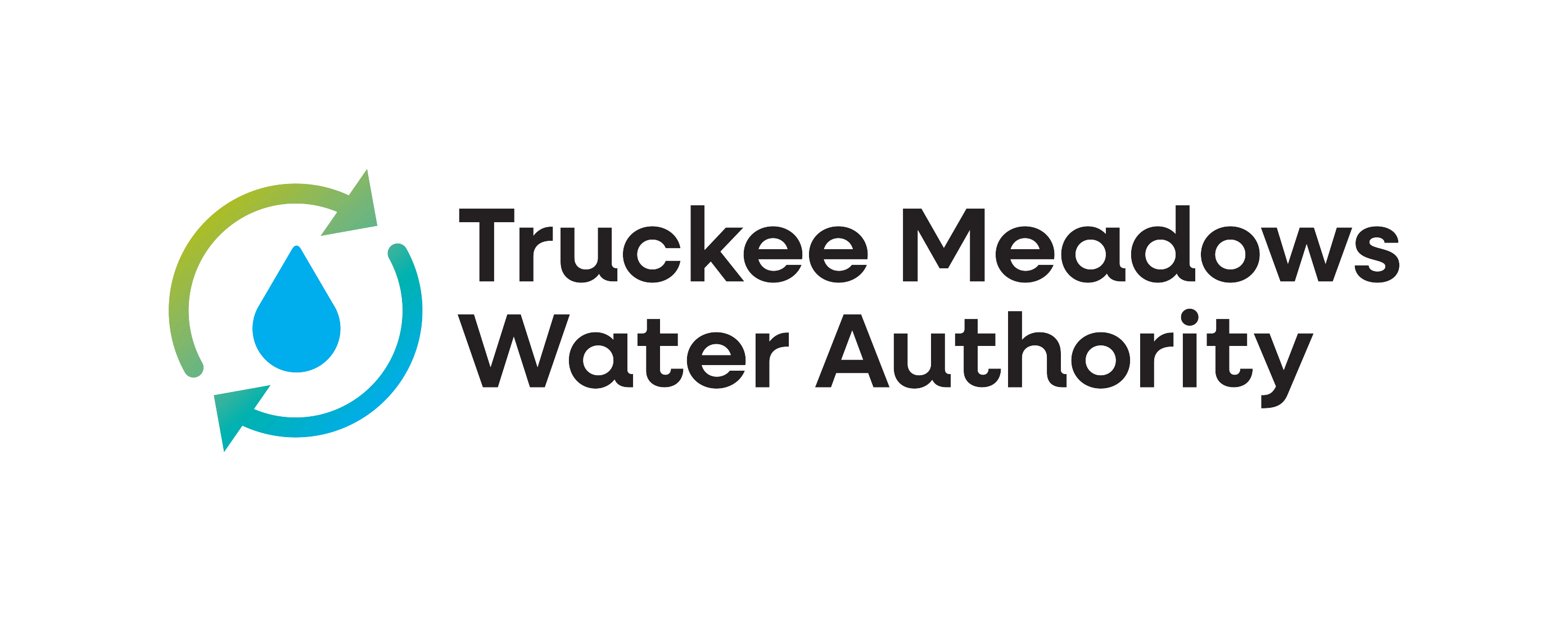As the stewards of our community’s largest water system, TMWA owns and efficiently operates two water treatment facilities in the Reno-Sparks area: Chalk Bluff and Glendale. Each of these water treatment plants employs highly trained, state certified Water Treatment Plant Operators. We work hard so that each of our facilities continues to not only meet, but also exceed, all State and Federal Drinking Water Standards.
Chalk Bluff
Chalk Bluff is one of our highly efficient water treatment facilities that can supply water to TMWA’s entire service territory. Built to replace three outdated facilities in 1996, Chalk Bluff has the capacity to treat 90 million gallons of water a day. When needed, this capacity can be expanded to treat an additional 30 million gallons per day.
Glendale
The Glendale Water Treatment Facility, built in 1976, underwent substantial upgrades in 1996 and 2010, and is now capable of treating 37 million gallons of water per day, supplementing our community’s peak demand during the warm, dry summer months.
The Treatment Process

Raw Water
Raw water from the Truckee River is delivered into the Chalk Bluff Water Treatment Facility, or the Glendale Water Treatment Plant during summer months, from the Highland Ditch as well as a pumping facility located south of Chalk Bluff next to the river. Once the raw water reaches the Treatment Plant, it enters the Raw Water Basins.
Raw Water Basin
Pre-treatment is an important step in the operation of processing potable water. Pre-treatment begins with the removal of larger debris, such as logs and leaves, by passing the water through bar screens. Next, the water enters the raw water basins. The velocity of the water is then slowed, allowing for heavier sediment and grit to settle to the bottom where it is periodically removed in a separate process using a floating dredge. Then from the raw water basins, the water passes through to the next stage of the treatment process: the screening facility.
Screening
Before the water completely exits the raw water basins, it must pass through the automatic screens which remove smaller debris such as twigs, smaller leaves and pieces of tree bark. The automatic screens are the final step in the pre-treatment process, and the water is now ready for the first stage of the primary treatment processes: coagulation.
Coagulation
Following the pre-treatment process, water enters coagulation, the first step in the primary treatment process. During this stage, chemicals known as coagulants and polymers are added to the water in a technique called rapid mixing. Rapid mixing ensures that the chemicals are evenly dispersed throughout the water. These chemicals are designed to neutralize naturally-occurring forces that keep the smallest of debris particles apart and form a jelly like substance, known as micro-floc, which is an essential component to the next phase: flocculation.
Flocculation
The micro-floc, formed in the coagulation stage, is very sticky. Flocculation is a process designed to gently mix the water for a long period of time so that tiny micro-floc and small dirt particles collide to form larger particles called floc. Gentle mixing is accomplished by rotating large submerged paddle wheels in the flocculation basins. The water then exits the flocculation basins and enters the sedimentation basins.
Sedimentation
The primary function of the sedimentation basins is to prepare the water for effective filtration. Currents and eddies are minimized in sedimentation basins to allow the floc that was formed in the flocculation process to settle. The settled floc, referred to as sludge, is removed and sent to water recovery basins in a separate process. Only very small unsettled particles remain at this point as the water moves on to the final step in the treatment process: filtration.
Filtration
After the coagulation, flocculation and sedimentation stages are complete, the filtration process is essential in further reducing the concentration of unsettled particles in the water. Filtration is the process of passing water through a filter media for the purpose of removing undesirable constituents. The Chalk Bluff and Glendale facilities use rapid sand filters consisting of sand and anthracite coal to complete this task. The filters are capable of reducing turbidity levels below TMWA’s in-house standard of no more than 0.1 Nephelometric Turbidity Units (NTUs), a measure of the suspended matter in water. The filters are very effective, but as it begins to clog up and no longer filters efficiently, it is necessary to remove that filter from service and backwash it. An automated backwashing system is used at Chalk Bluff and Glendale to successfully clean and ready a filter for further efficient and effective filtration. Turbidity removal is extremely important because particles in the water can interfere with the disinfection process.
Disinfection and Storage
The clean water from the filtration process is then treated with chlorine for disinfection. After adding chlorine, the water flows to the finished water reservoirs where time is allotted for chlorine contact to ensure thorough disinfection. The reservoirs also act as storage to help meet daily fluctuations in customer demand.
Pump House
The clean, disinfected water undergoes a pH adjustment using soda ash to help prevent corrosion in the pipes throughout the city. After this final chemical treatment, the water is then ready for the customer. Only then is this clean, safe water allowed to flow into the city or be pumped to other storage facilities located through the community.
Total Water Production
- Chalk Bluff:
90 million gallons per day - Glendale:
37 million gallons per day - Wells:
63 million gallons per day
TOTAL: 190 million gallons per day
Pumping Capacity
- Supply Pumps:
52.6 million gallons per day - Average Use per Day:
71 million gallons
